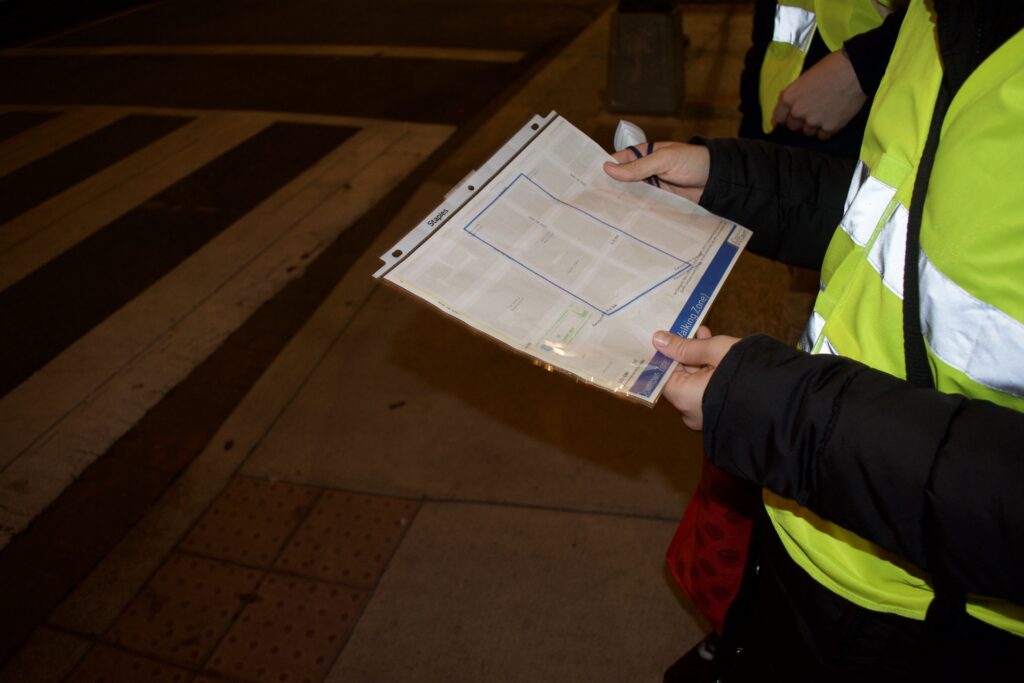“Safety Net” Cuts Threaten The Means To Achieve Stability
I never liked the name “Save Our Safety Net.” The “safety net” is commonly understood as District funding for social programs that help less fortunate families who are becoming even more impoverished during the economic downturn. The term makes us think of someone falling whose last hope is a net to catch them – which is why it’s a misnomer.
A last-resort safety net in this scenario would necessitate handouts, but District social programs currently threatened by proposed funding cuts are not handout programs. Job counseling, recreation centers and healthy meal vouchers for school children are not handouts or a safety net. They are the “hand up” and provide a ladder to success and stability.
Politicians who want to bias voters against social programs portray those programs as handout services. Why? Because the idea that someone else gets something for free angers uninformed voters who work hard for what they have. The people I know who have publicly spoken at SOS rallies about using safety net programs are some of the hardest-working people I have ever met. Their paths in life led to more challenging predicaments than others have faced, and the District’s social programs have helped them get back on track.
These people are not turning to social programs for a last-resort handout; they do not need to be caught by a net because all else has failed; they are successfully using good programs designed to help them climb back up the ladder to independence and life success. As much as “Save Our Safety Net” or “SOS” is a catchy title, it ultimately fails to accurately describe the true mission of the District’s social programs.
Given the importance of these programs during the economic crisis, I have to wonder what genius in the Mayor’s office ran the numbers on social programs and poverty and decided it would be a good idea to cut roughly $100 million where it is needed the most. Programs that afford residents a hand up out of poverty will help the city grow financially in the long run by creating a larger workforce (which can be taxed) composed of people who can make independent purchases (which also can be taxed).
Cutting social programs increases not only the needs of the impoverished but the number of people in need. It does not take a doctorate in economics or sociology to see that saving a little now by cutting social programs fuels a long-term drain on the government by reducing jobs and deepening the needs of District residents.
Sure, “Saving Our Ladder to a Better Future, Which in Turn Saves Billions of Dollars We Will Need to Eventually Spend to Curb What Could Be the Largest Impoverished Population in D.C.’s History” (“SOLBFWTSBDWWNESCWCBLIPDCH”) doesn’t have the same ring to it as “SOS,” but that is truly what is at stake. We can talk about budget solutions until we run out of breath, but first things first: We must realize that cutting social programs now will save the District $100 million today, but it will cost the city hundreds of millions more in the long term.








